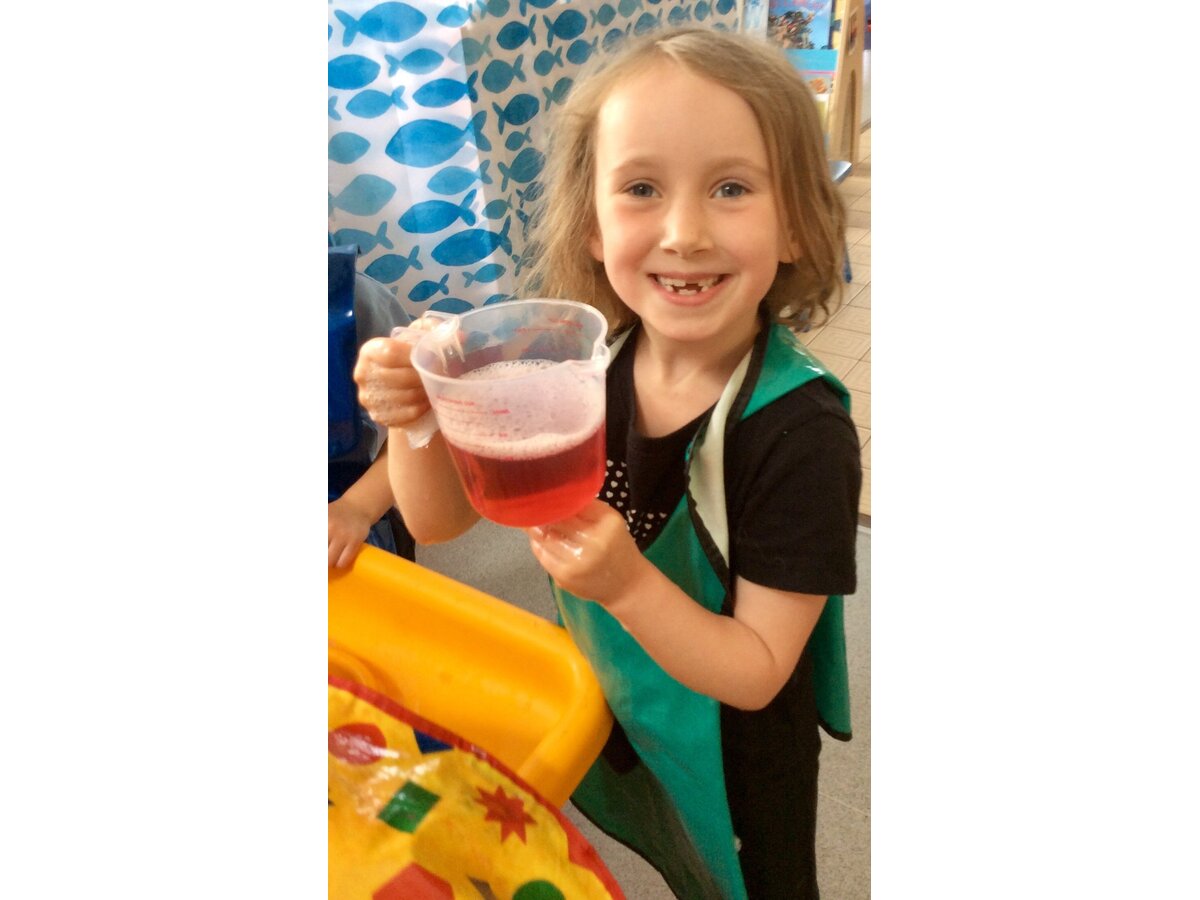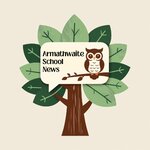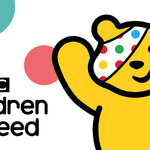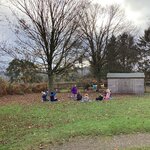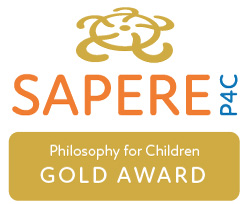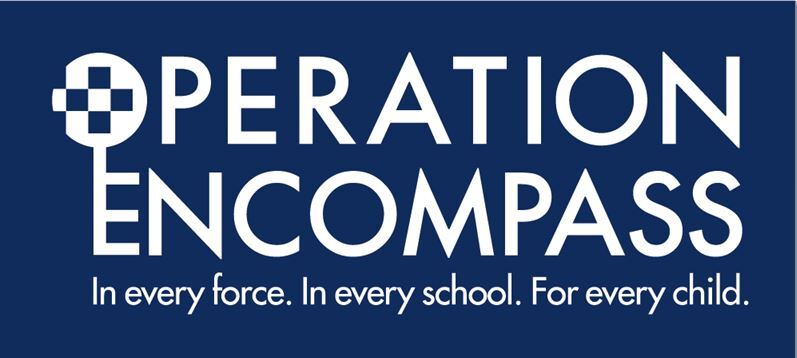Science stimulates and excites natural curiosity and we recognise its importance as an integral part of school life and as a core subject. We follow the National Curriculum objectives for science and plan exciting, investigational lessons based around these, aiming to capture the children's imagination and allow them to ask vital questions with hands on experiences. We aim to inspire an appreciation of the value of science in our ever-evolving world and encourage respect for living organisms and physical surroundings. We facilitate broad, thorough and interactive science learning, with a balance of knowledge and skills. We use interesting, thought provoking scientific resources, practical activities and equipment to encourage reflective and progressive learning. Our science is enriched with a strong local community and valuable links to other schools to enhance progression and extend knowledge at every opportunity within purposeful contexts.
Children are taught to understand and use correct scientific vocabulary based on the objectives, concepts and skills being used. We aim to develop their enjoyment of science by acquiring memorable experiences. Practical learning is at the core of our science planning and we link science to other curriculum areas. Children use and apply English and Maths skills with science including: research, observation, classification and grouping, comparing and fair testing, defining and explaining, gathering, measuring, illustrating, surveying, designing, presenting, recording, predicting and concluding. Links are also made to all other curriculum areas and to Rights Respecting School, Rights of the Child and P4C. Opportunities for outdoor learning are provided wherever possible and have a beneficial impact on science learning across school.
You can see the National Curriculum Science Programmes of study by clicking on the link below
Investigating Food Groups
We have been busy finding out about different food groups in science. As part of this, we have been investigating which foods contain starch by testing a selection of food using iodine. We each selected the foods that we wanted to test and made predictions before testing them.
Eden Valley Adventures
In the Autumn term, we were lucky enough to spend a day working and learning with scientists and conservationists from the Eden Rivers Trust. We visited a hill farm at Croglin to learn about flood prevention and conservation work that has been taking place there. In the afternoon, we visited the River Eden at Lazonby to carry out some kick sampling and have a closer look at what lives in our river. We had a fantastic day and learned so much about our river and its catchment.
.png)
